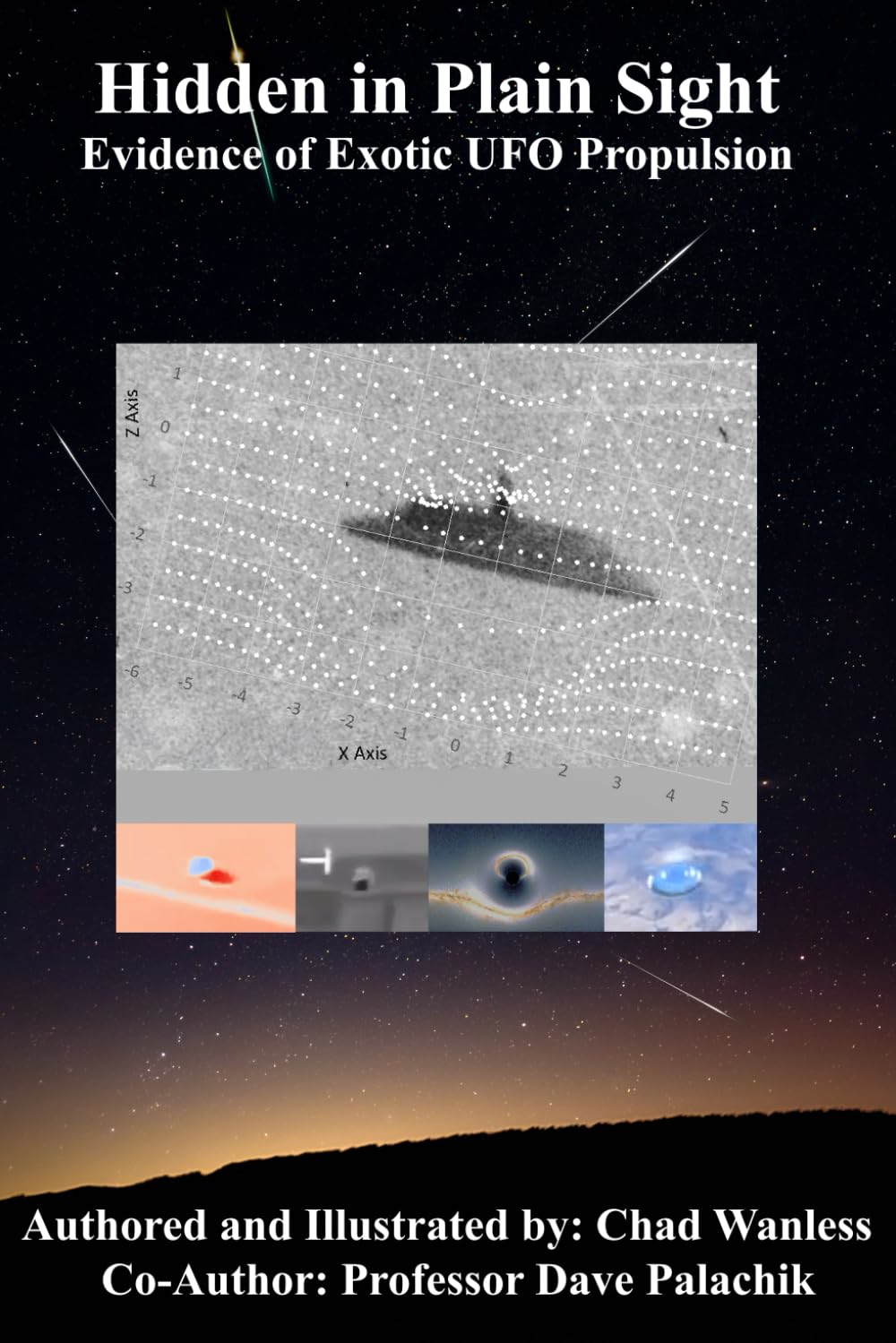LAST YEAR, reported sightings of unidentified flying objects increased in the US, Canada, and across the globe. In August, the Pentagon reported the formation of a task force intended to investigate UFO sightings. Recently, The New Yorker printed thirteen thousand words on the history of the US government’s approach to UFOs, in a piece titled “How the Pentagon started taking UFOs seriously.” The article explored the nature of consensus, taboo, and our collective willingness to suspend disbelief. After the publication of the New Yorker piece, The Ringer asked its author, Gideon Lewis-Kraus, whether he believed in the possibility of extraterrestrial life (he didn’t commit to a simple yes-or-no answer). Forbes wrote, “The Media is taking UFOs seriously. Should we?”
Source: Columbia Journalism Review
Much of the media coverage since the New Yorker feature has taken the subject more seriously. After former president Barack Obama appeared on The Late Late Show and noted that he was aware of cases in which airborne objects had not been explained or identified, news outlets amplified the exchange. A reporter asked President Joe Biden about Obama’s comments; Biden referred the reporter back to Obama. A forthcoming report from the Pentagon’s task force has prompted a flurry of coverage, from local news updates on UFO sightings to national deep dives into the possible implications of what the panel will reveal. 60 Minutes dedicated an episode to the presence of UFOs in restricted airspace. Last week, the New York Times offered a preview of the Pentagon’s report, based on interviews with anonymous sources, announcing that the “U.S. Finds No Evidence of Alien Technology in Flying Objects, but Can’t Rule It Out, Either.” Earlier this week, the Scientific American asked an astronomer, a nasa researcher, an astrophysicist, and other experts to weigh in on what is known about the report’s initial findings; CNN got Neil deGrasse Tyson’s take.
Yesterday, NPR spoke to former senator Harry Reid, who has been making the media rounds, about the secret Pentagon UFO-investigation program for which he helped allocate funding in 2007. “We are in a moment right now where, all of a sudden, people are taking UFOs seriously,” NPR’s Noel King said to Reid. “I don’t exactly know what happened.”
Journalism tends to style itself as pragmatic, skeptical, rooted in reason. But when a premise that was once considered taboo becomes permissible, the relative subjectivity of our industry is revealed. The recent spate of UFO coverage points toward the difficulty of reporting on things that we, as a society, don’t yet know or understand—or, as Lewis-Kraus’s New Yorker piece examines, things we don’t interrogate because we think we already understand them.
Much of the recent coverage asks whether we should take UFOs seriously. That the answer is no longer considered a foregone conclusion could signal something about journalism’s relationship with uncertainty, or about the codependent and capricious nature of human understanding. “Report it out”—one of journalism’s core obligations—suggests that everything is, at its core, knowable. But knowledge is defined, in part, by its limits—something a year of rapidly evolving scientific guidelines has often reminded us. That doesn’t negate the possibility of good reporting; it just requires good reporters to take more into account. At times, the gap between our knowledge and the truth is wide; humility will keep us honest.
Source: Columbia Journalism Review
































Leave a Comment
You must be logged in to post a comment.